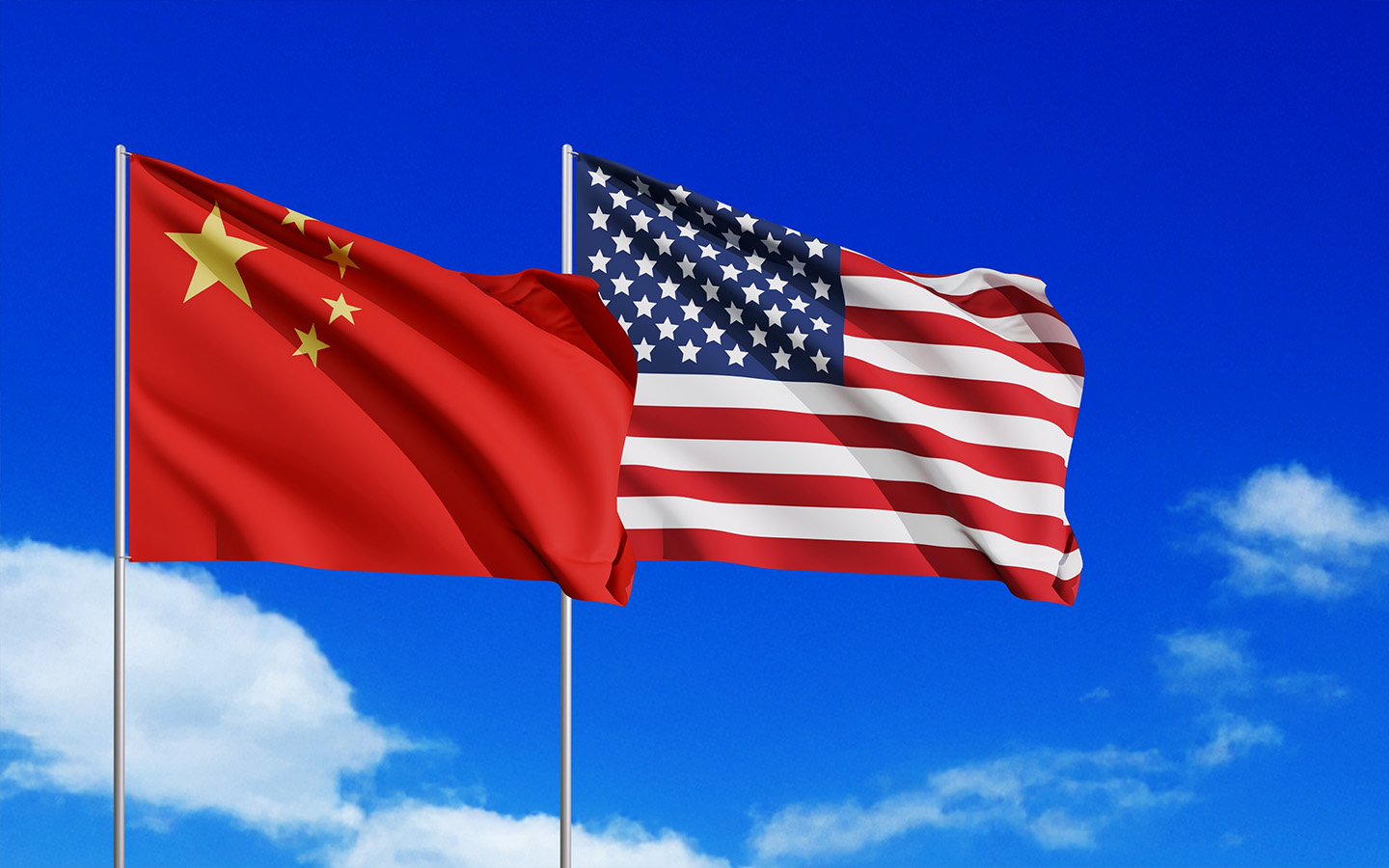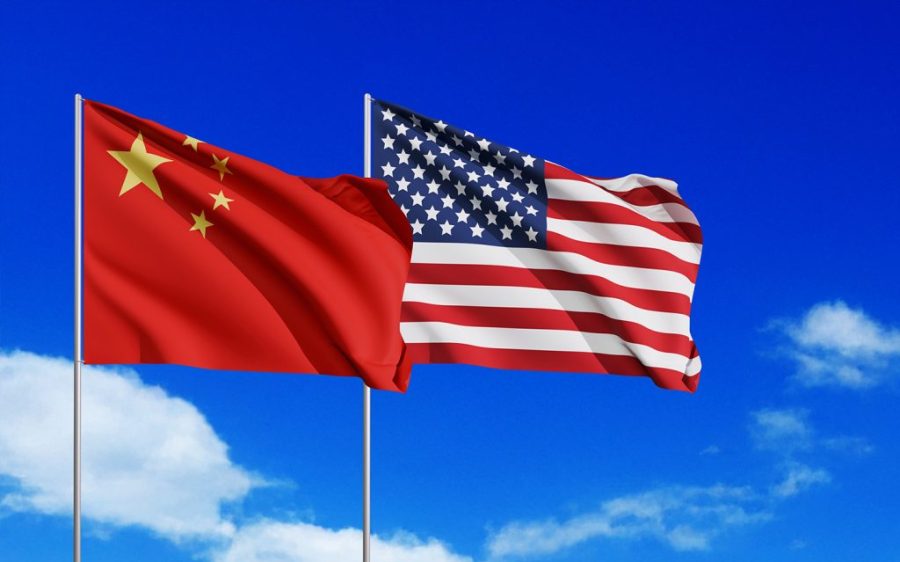Most US firms operating in China consider the market essential to their global competitiveness, despite mounting geopolitical tensions, rising tariffs and declining profits, the South China Morning Post reports – citing a survey by the US-China Business Council published Wednesday
Nearly all of the 130 mostly large corporations with long-standing operations in China surveyed said leaving the country was not a viable option. Sean Stein, the council’s president, noted that the massive market enabled firms to tap into China’s growing middle class and hone “new technologies and practices essential for maintaining global competitiveness.”
Still, confidence in the market was waning. Fewer than half of the companies surveyed between March and May expressed optimism for the future. They cited persistent concerns over ongoing US-China tariffs tensions, weak domestic demand, policy uncertainty and what they characterised as unequal market access compared with local companies.
[See more: China’s economy grew 5.2 percent year-on-year in the second quarter]
Export controls imposed by Washington were having a notable impact, the survey revealed. Nearly 40 percent of respondents reported lost sales, damaged customer relationships or reputational damage due to growing perceptions in China that US firms were unreliable suppliers.
Some 88 per cent of firms reported being negatively affected by strained US-China relations, up from 79 per cent last year. That was given as their most pressing concern, followed by tariffs – up from the 8th most pressing concern of last year.
A 90-day truce on the two countries’ tariff war is set to expire on 12 August, when a more formal trade deal is expected to be announced. “Now it feels like all of the negotiation oxygen is being taken up by tariffs and export controls … [but] what we need to make sure is if both sides actually do want to have robust American investment in China,” Stein said.
[See more: China’s exports beat expectations in June]
Another issue for US companies was the perception that Chinese industrial policies continued to favour domestic players, especially state-owned enterprises. Almost a third of companies surveyed reported declining market share, and over half said they lost sales to Chinese competitors as subsidies accelerated.
While Beijing had promised reforms to improve the business climate, the report warned that without meaningful changes at the national level, US companies may continue to retreat – with fewer investments and further market share losses.
“Risk and reward have to be balanced,” said Stein. “On one hand, overall profits are down in China, so rewards are lower for being there; at the same time, risks are higher. That combination equals less investment.”
Despite the challenges, Stein said there were signs of progress in areas like data regulations and local government support for multinationals, but noted “there’s still a lot of waiting for Beijing to create a more friendly environment” at the national level.






